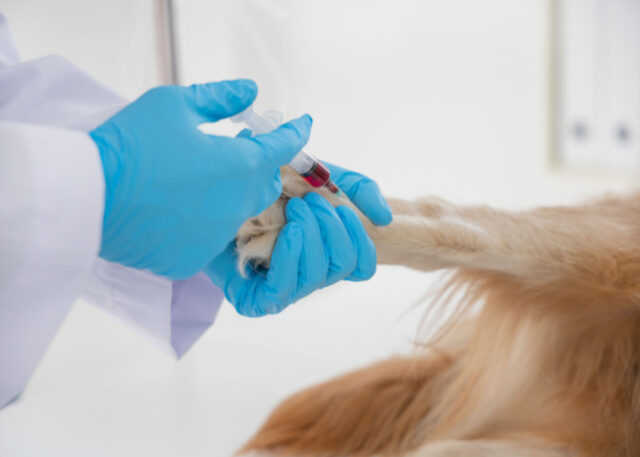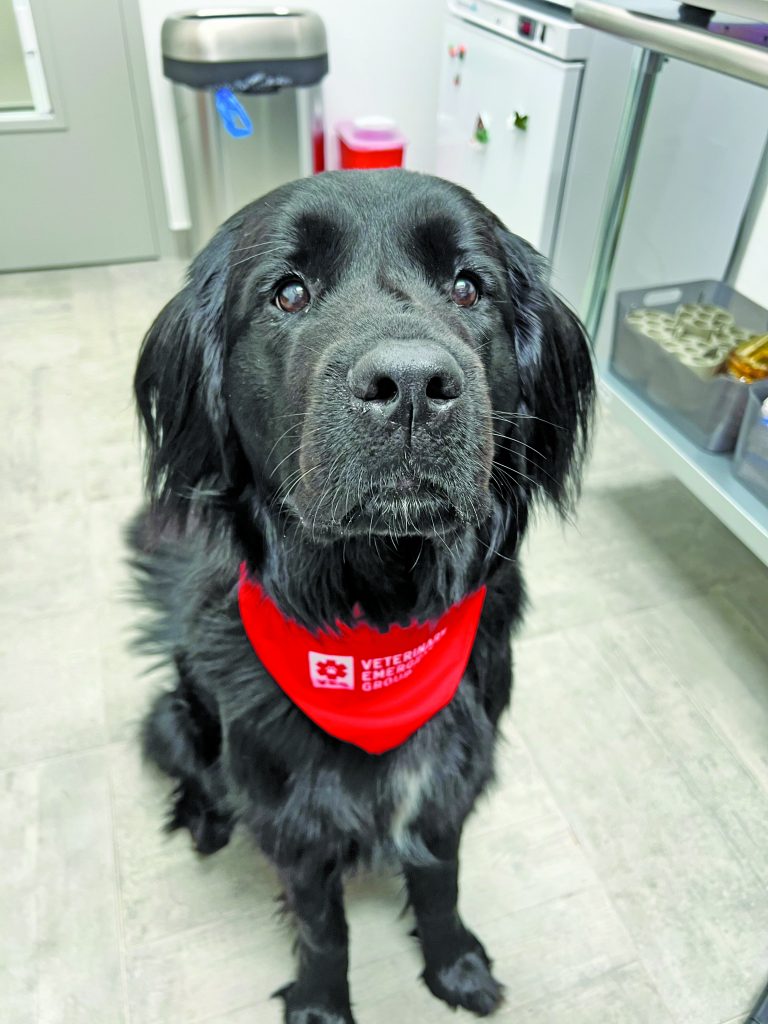
Good news for all pet parents!
You don't need to worry if your dog suddenly requires blood during treatment or operation because a nationwide blood bank program is being rolled out by the Veterinary Emergency Group (VEG).
VEG, a group of emergency hospitals and clinics for animals across different states in the US, first launched this program in April 2023 to respond to the growing need for animal blood products in the country.
Although the idea of a pet blood bank is not new, VEG aims to broaden this service and reach more communities, especially since pet ownership continues growing and more pet-related businesses and healthcare services are established.
“Like the human world, when ER cases are critical, they can require blood donations, and unfortunately, canine blood supplies are low and always in need,” said Jessie Brown, blood bank director at VEG, in their press release.
Brown said this initiative is not only to aid their patrons' needs but also to help local vet clinics.
“We are also open to sharing blood products to local veterinary clinics so no patients go without the life-saving products,” Brown said in an interview.
That said, VEG is calling out to pet owners interested in having their dogs donate blood.
Not only do they get to help out other animals, but they can also get a complete blood screening and a full exam by licensed vets at no cost to the owner.
They also get to take home a souvenir toy and have their pictures taken to be shown to the donee.
“When the unit [of blood] is given to the patient’s owner, they can see who their hero is,” Brown said. “A lot of times, fellow animal lovers love knowing they can help somebody in their community.”

Although VEG has seen many wonderful ‘superheroes' come in to donate, Brown said they're still calling out for more blood donors to help more patients in need.
“That is why we are opening the VEG Blood Bank. But we cannot do it alone, so we are looking to local pet parents to see if their dog fits the criteria to be a superhero blood donor.”
The donation process takes about 45 minutes, from the screening test to the picture-taking.
For the blood-drawing, donor dogs only have to sit still for 10 to 15 minutes. It's done gently that some dogs even fall asleep.
Owners don't have to worry about their dogs getting hurt, too.
Brown said the process stops immediately if the dog shows any discomfort or distress.
“We strive to make the donation process as positive and enjoyable for our heroes as possible by providing a comfortable donation experience filled with love, celebration, and delicious treats,” Brown added. “Our [heroes] help us save pets all over the nation, so we make sure to celebrate at every donation.”
They also encourage pet owners to pledge and have their dogs donate every other month.
The American Kennel Club's Canine Health Foundation said that for dogs to be eligible to donate blood, they must be updated with their required vaccination against distemper, parvovirus, parainfluenza, hepatitis, and rabies.
They should also be free of medications except to prevent fleas, ticks, and heartworms.
Those who have recently become a blood donee themselves might not be eligible, as well as those with heart issues.
As of this writing, VEG accepts blood donations at their local hospitals in Washington, DC, and Boston.
They're looking to roll this out nationwide soon, with Philadelphia and Tampa areas next in line.
Currently, only canine blood is accepted by VEG, but a blood bank for felines is also being considered later on.
Similar Stories:












